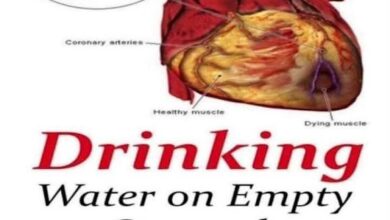Sad News About Jeremy Clarkson
In a heartfelt update that has saddened fans around the world, it has been announced that Jeremy Clarkson, the beloved television presenter best known for Top Gear and The Grand Tour, is facing a difficult personal chapter. According to close sources, Clarkson has been dealing with ongoing health challenges that have required him to step back from several public engagements and slow down his demanding work schedule.
Clarkson, who has entertained millions with his bold humor, sharp wit, and love of cars, recently shared in a private interview that the pressures of constant travel and filming have taken a toll on his well-being. “There comes a time,” he reportedly said, “when you have to listen to your body and take stock of what really matters.”
Fans have flooded social media with messages of support, wishing Clarkson strength and a full recovery. While no official diagnosis has been made public, those close to him stress that his condition is being carefully monitored and treated.
Despite the setback, Clarkson remains in good spirits and has expressed gratitude for the outpouring of love from fans. “It’s humbling,” he said. “You never quite realize how much people care until something like this happens.”
Let’s all keep Jeremy in our thoughts and hope for brighter news in the near future.



